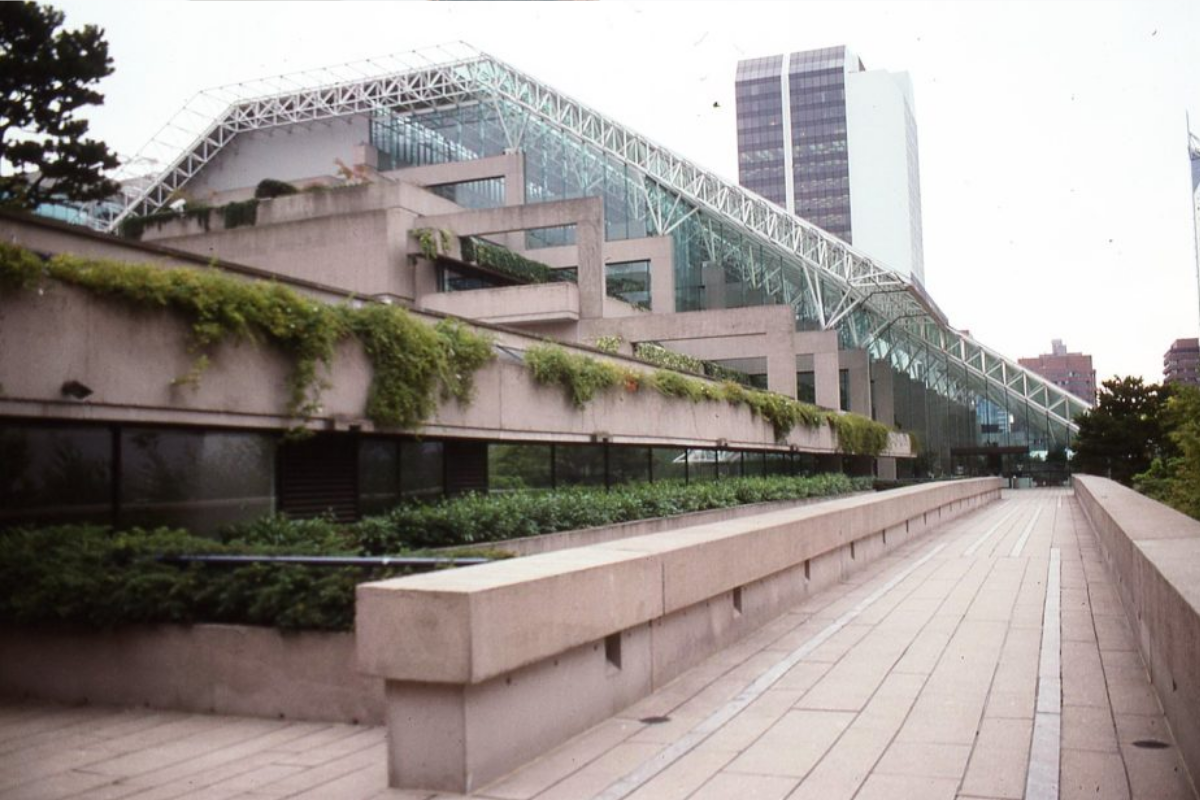B.C. Courts recognize cultural tradition as basis for economic loss in Family Compensation Act claim

Last week, the B.C. Court of Appeal released a decision where it endorsed the recognition of non-western family cultural norms as a basis for awarding damages: Kim v. Murdoch, 2025 BCCA 211. In this case, the Korean parents whose 17-year-old son died in a tragic accident received compensation for the loss of benefits associated with hyodo, a traditional Korean practice of filial piety in which children are expected to financially support their parents in old age. The parents brought a claim for damages under the Family Compensation Act (FCA), which enables surviving spouses, parents or children to seek compensation for economic losses arising from a wrongful death.
Trial decision (Kim v. Murdoch, 2023 BCSC 1647)
At trial, the Kim family relied on expert evidence to explain the concept of hyodo and its importance within Korean families. The trial judge found that hyodo remained a resilient cultural norm among Korean immigrant families, although its practice can vary depending on factors such as location, religion, financial circumstances and gender. The Court also considered the extent to which that practice was observed within the specific family, making it a case-by-case assessment.
In this case, the Court relied on several factors to conclude that the deceased child would have “almost certainly” practiced economic hyodo:
- He contributed significantly to running the family restaurant without any pay
- He was immersed in Korean values and culture, both at home and in his community
- His immediate and extended family had practiced hyodo across generations, with children providing ongoing support to their parents since starting work (10–20% of income), regardless of financial need.
Recognizing the speculative nature of the inquiry, the Court estimated that the deceased child would have likely contributed 20% of his income to his parents during their lifetime. Applying various contingencies, including the possibility that Canadian values may have diminished his sense of obligation to his parents over time, the trial judge awarded $249,714.60 for loss of future support.
Appeal decision (Kim v. Murdoch, 2025 BCCA 211)
The Kim family appealed the trial decision on two grounds. First, they argued that the trial judge erred by not awarding compensation for the loss of the child’s unpaid labour at the family restaurant. Second, they argued that the trial judge overlooked a four-year period following the child’s expected university graduation in calculating lost hyodo payments.
The Court of Appeal allowed the appeal on the first ground, awarding damages for the loss of the child’s unpaid labour, which his family had to replace with paid employees. On the second ground, the Court of Appeal upheld the trial judge’s calculation of lost hyodo payments, noting that the period was included in the trial judge’s assessment of general damages.
More importantly, the Court of Appeal reaffirmed the broader legal principle from the trial decision that cultural norms, such as hyodo, can be an exception to the general proposition that parents do not suffer economic loss from the death of a child. Where there is sufficient evidence of cultural traditions practiced within a family that support an expectation of future support, such claims may succeed under the FCA.
Implications of Kim v. Murdoch
The recognition of hyodo as a basis for economic loss under the FCA establishes an important precedent for the consideration of culturally specific practices in wrongful death claims involving children. More broadly, the decisions highlight the growing judicial recognition of immigrant and non-Western cultural traditions in assessing damages. Looking ahead, cases like Kim v. Murdoch may contribute to a more culturally informed approach by B.C. courts that reflects the diversity of our society.
This article was prepared with the assistance of Summer Articled Student Jacqueline Mix.
Note: This article is of a general nature only and is not exhaustive of all possible legal rights or remedies. In addition, laws may change over time and should be interpreted only in the context of particular circumstances such that these materials are not intended to be relied upon or taken as legal advice or opinion. Readers should consult a legal professional for specific advice in any particular situation.



